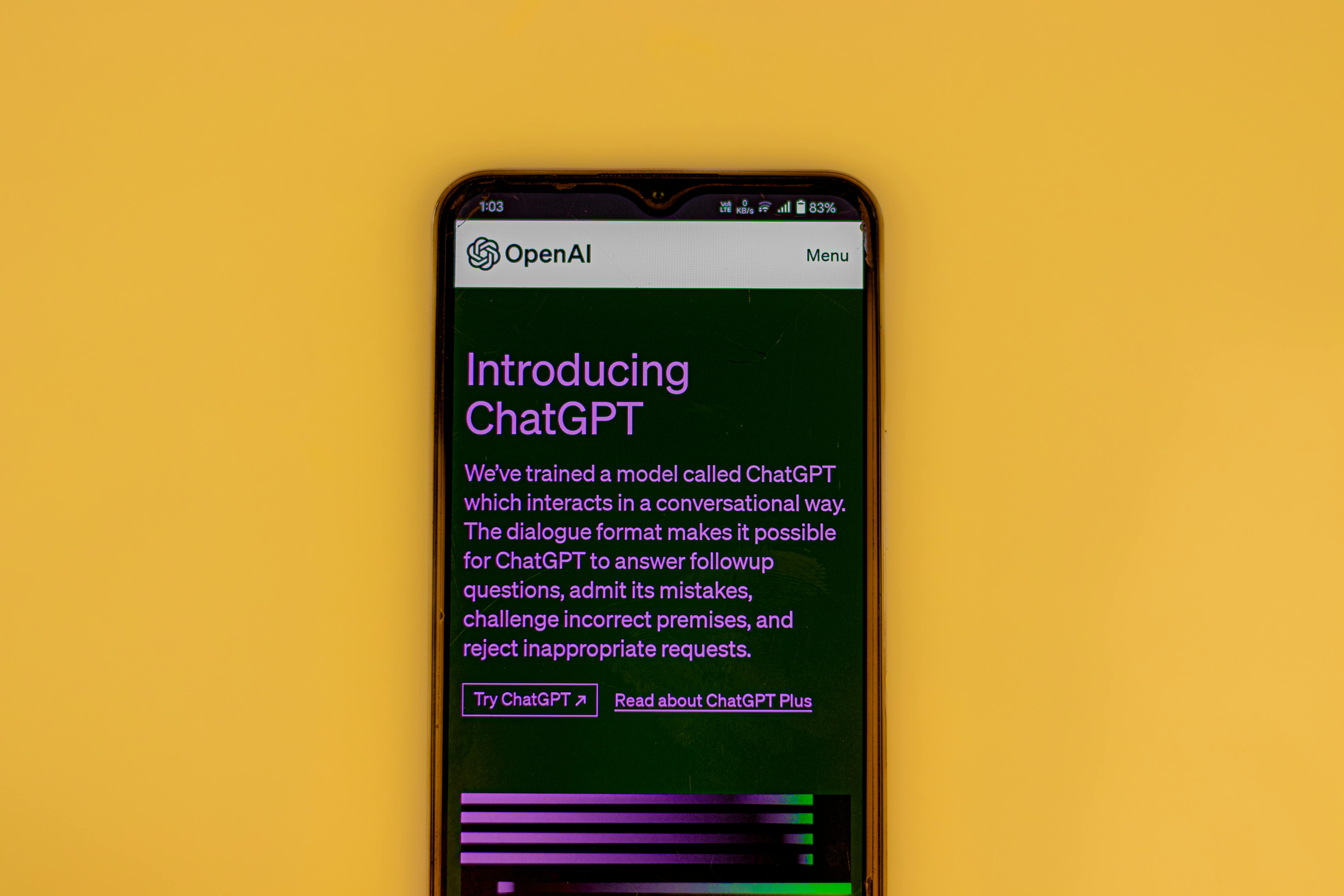Hey, what's up, everyone? You know, in today's wild online shopping world, it feels like everyone's trying to shout the loudest. But what if I told you there's a quieter, smarter way to get people to notice your stuff and actually buy it? We're talking about something called "attribute + item" keywords. Sounds techy, I know, but it’s basically just combining a cool feature (the attribute) with what the item actually is. Think "super comfy" and "sweatshirt." Easy, right?
Why are these so powerful? Because people aren't just searching for "t-shirt" anymore. They're looking for specific things, like "organic cotton t-shirt" or "waterproof hiking boots." When you speak their language, you pop up exactly when they're ready to buy. It's like finding a super specific tool when you really need it – way better than just a general toolbox. I've seen this play out in my own online selling adventures, where a simple tweak to a product title can sometimes double the daily views. It’s wild.
So, let's dive into seven of these often-overlooked "attribute + item" keyword combos that can seriously crank up your sales. And no, this isn't just some marketing mumbo jumbo. This is real talk, backed by what real online stores are seeing.
1. "Eco-Friendly T-Shirt": Saving the Planet, One Sale at a Time
Remember when "eco-friendly" was just a niche thing for a few folks? Not anymore! People are seriously thinking about the environment when they shop. They want to know where their stuff comes from, what it's made of, and if it’s hurting the planet.
For example, my buddy, who runs a small online store selling custom graphic tees, started adding "eco-friendly" to some of his designs that use recycled materials. He told me it felt a bit like a shot in the dark at first. But then, he saw his views slowly inch up, then pick up speed. He even mentioned that after getting listed on a green marketplace, his "eco-friendly" shirts started outselling his regular ones by a noticeable margin.
This isn't just a hunch. A fashion retailer actually saw a 24% jump in Google Shopping clicks just by adding stuff like "Made from Recycled Materials" and "Vegan Friendly" to their product details. retailingsummit.org Think about it: if someone is intentionally searching "eco-friendly t-shirt," they're already halfway to pulling out their wallet. You're just making it easier for them to find *your* eco-friendly t-shirt. It clicks with their values, and that builds trust, which turns into sales.
2. "Waterproof Hiking Boots": Adventure-Ready Footwear
If you've ever hiked in unpredictable weather, you know the pain of soggy socks. It's the absolute worst. That's why "waterproof" isn't just a nice-to-have for hiking boots; it's a must-have. When outdoor enthusiasts hit up a search engine, they're not just looking for "hiking boots." They're looking for gear that won't bail on them when the clouds open up.
Imagine you're planning a trip to a rainy national park. You wouldn't just search for "boots," would you? No, you'd type in "waterproof hiking boots" because you *need* that specific feature. My cousin, who’s super into backpacking, always scours reviews for *waterproof* claims before buying anything. If a product description doesn't explicitly say it, he moves on.
Vedadigital.io points out how important "waterproof" is for enhancing searchability and relevance for outdoor gear. It's about matching the product to the exact need of the customer. When I used to sell camping gear online way back when, I saw a huge difference in engagement for tents and jackets that explicitly stated "waterproof" in the title versus those that just hinted at it. It’s like, why make people guess when you can just tell them?
3. "Organic Cotton Bedding": Sleep Soundly, Naturally
Okay, let's get real about sleep. It's precious. And what we sleep on matters. More and more people are getting hip to the idea that what touches their skin all night long should be free from nasty chemicals. That's where "organic cotton bedding" comes in like a dream.
Seriously, if you're health-conscious, you're probably already thinking about what's in your food, your cleaning supplies, and yeah, even your sheets. "Organic cotton" isn't just a buzzword; it signifies a commitment to natural, chemical-free materials.
Vedadigital.io highlights how this specific attribute attracts shoppers looking for natural options. I recently helped my aunt set up an online store for her handmade quilts, and one of her biggest sellers has been her "organic cotton baby blankets." Parents, especially new parents, are super protective and want the safest options for their little ones. It wasn’t just about the cute designs; the "organic cotton" part was a huge trust factor that made people click "add to cart." It’s about peace of mind, not just comfort.
4. "Stainless Steel Cookware Set": Built to Last in the Kitchen
Anyone who cooks, even just a little, knows the struggle of cheap cookware. Scratches, uneven heating, food sticking like glue – it’s a nightmare. That's why "stainless steel" isn't just a material; it's a promise of durability, even heating, and easy cleanup.
When someone is dropping serious cash on a new cookware set, they're not just looking for pots and pans. They're looking for an investment, something that will last for years and perform reliably. Think about a busy family kitchen or even a solo cook who enjoys making gourmet meals. They need something tough.
Vedadigital.io notes that highlighting "stainless steel" appeals to consumers seeking high-quality, long-lasting kitchenware. I remember when I first moved out on my own, I bought the cheapest set of pans I could find. What a mistake! Within a year, they were wrecked. When I finally upgraded to "stainless steel," it was a game-changer. The difference was night and day. If I were searching for a new set now, "stainless steel" would be one of the first things I'd type. It signifies quality and tells me I won't have to replace them next year.
5. "Gluten-Free Protein Bars": Fueling Specific Needs
Dietary restrictions aren't just fads anymore; for many, they're a way of life due to health reasons or personal choices. "Gluten-free" is a huge one, and the market for it is massive and growing. If you're selling food products, ignoring this attribute is like ignoring half your potential customers.
Think about someone with celiac disease or just someone trying to avoid gluten for better digestion. They aren't just looking for "protein bars." They're specifically looking for "gluten-free protein bars." It's not a preference; it's a necessity.
Genrise.ai points out that products labeled "gluten-free" cater to a specific market segment. I actually have a couple of friends who are gluten-intolerant, and watching them shop is an eye-opener. They spend ages reading labels, sifting through products. If a product explicitly says "gluten-free" right in the title or description, it instantly grabs their attention. It saves them time and worry. For sellers, it's about making it crystal clear and easy for a very specific, very motivated customer base to find exactly what they need. You're not just selling a product; you’re solving a problem for them.
6. "Bluetooth Wireless Earbuds": Untethered Audio Freedom
Okay, this one hits close to home for anyone who has ever wrestled with tangled earphone cords. "Wireless" isn't just convenient; it's practically a lifestyle choice for many. And "Bluetooth" is the magic tech that makes it all happen.
The audio market is booming, and everybody wants freedom from wires. Whether you're working out, commuting, or just chilling at home, tangled wires are a hassle. People are actively searching for solutions. They're not looking for "earbuds"; they're looking for the freedom that "Bluetooth wireless earbuds" offer.
Vedadigital.io highlights how incorporating "Bluetooth" and "wireless" enhances search visibility and appeals to tech-savvy shoppers. I remember when I finally switched to wireless earbuds for my runs. It was like shedding a heavy cloak. No more snagging the cord on my arm, no more phone dropping because the cord got caught. If I were in the market for new earbuds today, "Bluetooth wireless" would be the first thing in my search bar. It's the standard now because it offers a superior user experience. This isn't just about selling a product; it’s about selling a solution to an everyday annoyance.
7. "Non-Toxic Baby Toys": Safe Play for Little Ones
This one is a no-brainer for parents. When it comes to their kids, safety trumps everything. And with so many stories about harmful chemicals in toys, "non-toxic" is a massive reassurance.
Parents aren't just looking for "baby toys." They're looking for "non-toxic baby toys." They want to know that what their little ones are putting in their mouths, chewing on, and playing with is absolutely safe. This attribute isn't just a selling point; it's a trust builder.
Genrise.ai mentions that highlighting "non-toxic" builds trust and attracts health-conscious buyers. My sister recently had a baby, and her Amazon cart was filled with toys labeled "BPA-free," "phthalate-free," and "non-toxic." She literally wouldn't even consider something if it didn't clearly state it. It’s an emotional purchase driven by protection and care. For sellers, using "non-toxic" directly addresses a parent's biggest concern and makes your product stand out as a safe choice. It's not just about selling a toy; it's about selling peace of mind to worried parents.
So, there you have it. These "attribute + item" keywords are more than just fancy marketing terms. They're about getting inside the heads of your customers and understanding exactly what they're looking for. It's about being specific, being clear, and connecting your product with their exact needs and desires.
Honestly, in my own experience trying to sell anything online, the more specific I got with my titles and descriptions, the better my stuff performed. It's like instead of shouting into a crowd, you're whispering the exact answer to someone who just asked a question. It cuts through the noise.
It's not about being slick; it's about being smart. Do your homework, figure out what specific things your customers truly care about, and then shout it from the rooftops (or, you know, type it clearly in your product title). You'll be surprised how quickly those sales start rolling in when you speak the language your customers are already using. Give it a shot. What do you have to lose?


